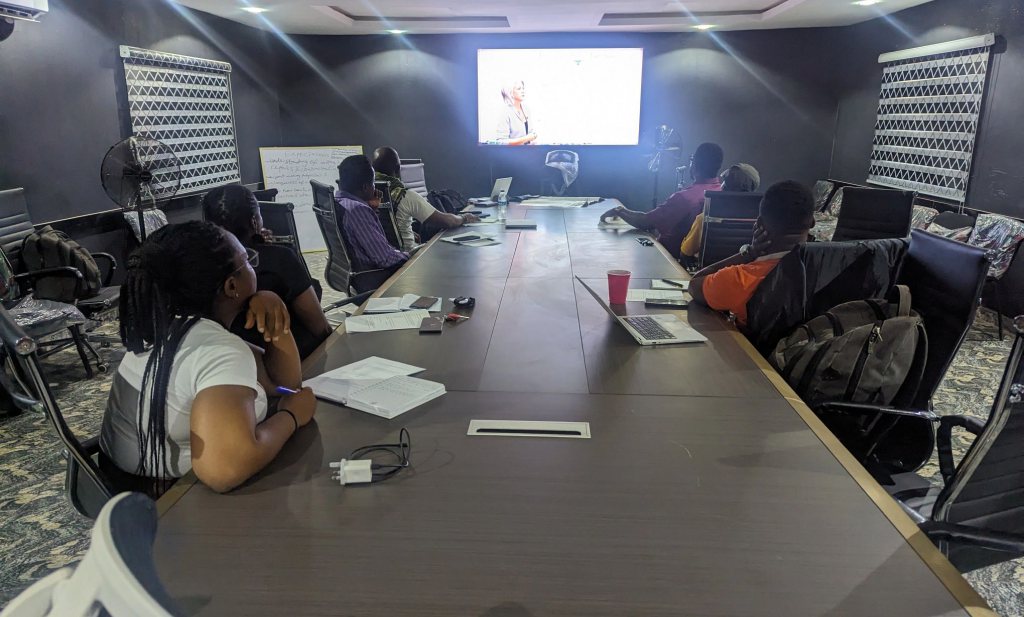In our changing world, climate change has been a bane to food production. Farmers are adversely affected both at farm and community level and no concrete solutions at sight. Everyday, new information, technologies, and techniques keep emerging to improve farmers’ productivity in the face of the impact of climate change on food production and our farmers need to correctively access this information to improve their practices and productivity, and at the same time improve livelihood through increased income. This is why training on climate smart practices and technologies are very vital to farmers especially in the developing countries.
That's why we cannot stop building the capacity of our farmers but we need to identify whether the approach we have adopted is working well or not. In my experience with farmers, I observed that many trainers do adopt the lecturing type of approach where they believe that farmers don't have foreknowledge or are unaware of the information prior to the training. Most times, adoption level is always low and such training would need to be repeated several times for the farmers to understand. This approach is very expensive in terms of financial cost and time. However, the most effective one is the interactive approach where trainers take the farmers through a journey; from known (current practices) to the unknown (new practices). Where trainers and learners (farmers) interact with one another and there is a linkage with what they are currently doing with what is being thought, and to what can be achieved through this experience. Farmers tend to adopt faster and continuity is better. Most times, to achieve this goal, the use of case studies can be adopted as many farmers can relate with the cases.
Climate change is a big deal to the agricultural sector and improving farmers' knowledge to cope and build resilience is very important. Thus, learning is a journey and every farmer needs to have a good experience to continue the journey. It is important that as trainers, farmers need to be more comfortable with our new information and can link it to their everyday experience and can perceive that our new information would give them better experience and more productivity. We need more farmers to build better resilience in the face of climate change; adopting more climate smart practices and technologies and achieving more productivity through improved knowledge. This can only be achieved when training is impactful and it translates into behavioral change that bridging the knowledge gap for food security. Let the learning experience be more fulfilling for the farmers. It starts with us today to get the skills!
Yours-in-Service
Babatunde
Climate change is a big deal to the agricultural sector and improving farmers' knowledge to cope and build resilience is very important. Thus, learning is a journey and every farmer needs to have a good experience to continue the journey. It is important that as trainers, farmers need to be more comfortable with our new information and can link it to their everyday experience and can perceive that our new information would give them better experience and more productivity. We need more farmers to build better resilience in the face of climate change; adopting more climate smart practices and technologies and achieving more productivity through improved knowledge. This can only be achieved when training is impactful and it translates into behavioral change that bridging the knowledge gap for food security. Let the learning experience be more fulfilling for the farmers. It starts with us today to get the skills!
Yours-in-Service
Babatunde
Related



